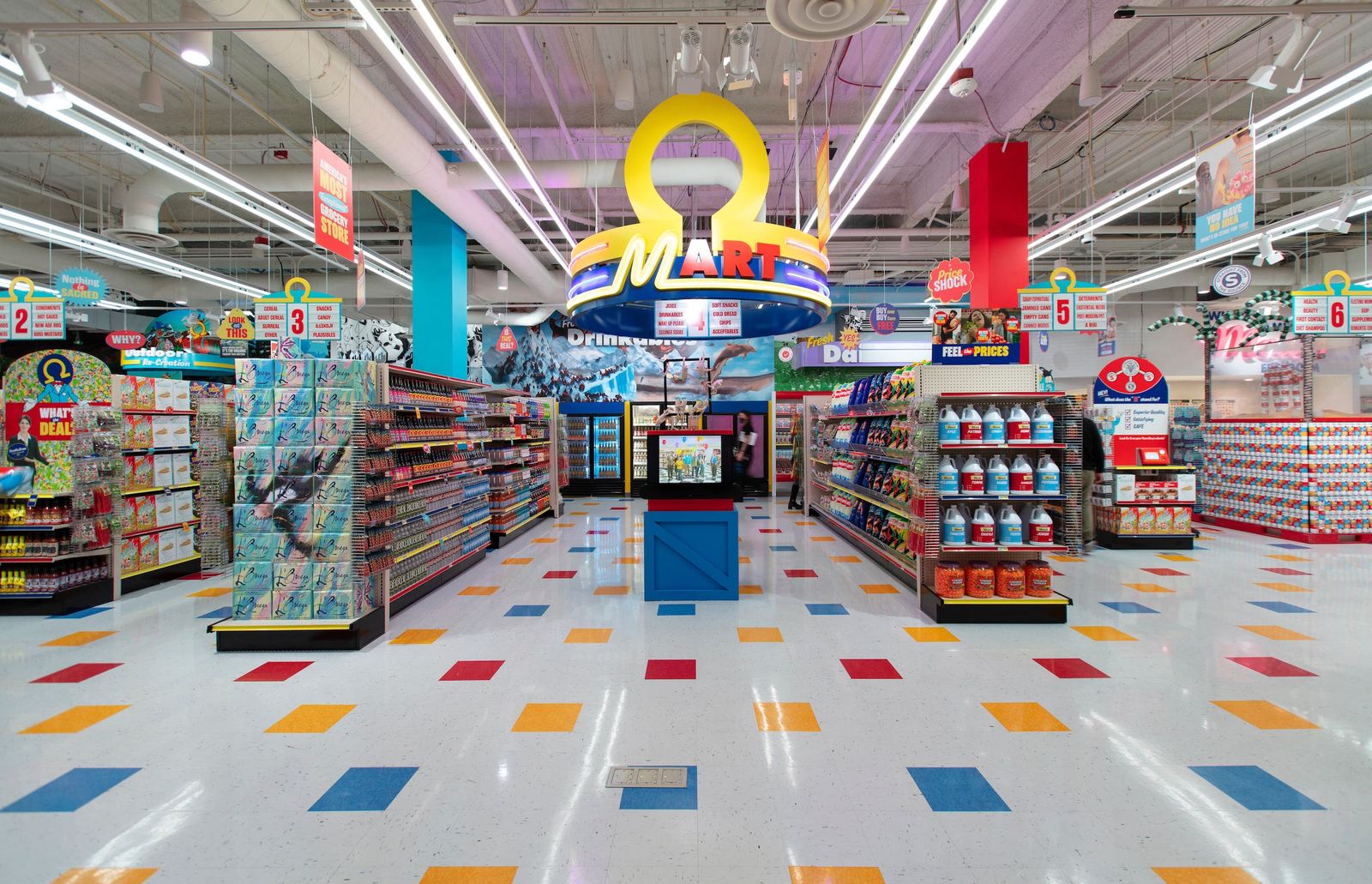Skift Take
A music festival should be a memorable experience. For Fyre festival, it was memorable for all the wrong reasons.
A music festival in the Bahamas, organized by a rapper and a tech entrepreneur? What could go wrong? Pitched as a luxury music festival with all the perks you’d expect from a VIP boutique experience and a price tag to match, Fyre Festival looked like it would be a true spectacle. And it was. For all the wrong reasons. From questionable influencer marketing tactics to investor fraud and putting attendees’ lives in danger, Fyre had it all. This is a lesson in how not to manage a music festival.
Criminal Charges
Last week, Fyre Festival founder, Billy McFarland was arrested for wire fraud, one of several charges brought against him and co-founder Ja Rule. Other charges reportedly include breach of contract, breach of covenant of good faith, and negligent misrepresentation.
What Went Wrong?
Right up to the day attendees started making their way to Fyre Cay on the Bahamian island of Great Exuma, everything looked great. According to the event website (which is now defunct), Fyre Cay, a private island, once home to the infamous pirate, Blackbeard and owned by Pablo Escobar would be an adventure like no other. It’s safe to say that the organizers were being a little flexible with the truth. Unfortunately, that seems to be a recurring theme in a story which is still unfolding. Firstly, Fyre Cay isn’t a private island – or even on one. It was just an undeveloped part of a large Bahamian island. Secondly, it wasn’t home to Blackbeard or Pablo Escobar. Admittedly, it was planned that the event would be held on a different island. However, the original island, Norman’s Cay, wasn’t home to Escobar or Blackbeard either.
Liberal truths aside, let’s dig into the details as they unfolded…
2016
November 16th – Models Fly to Fyre Cay
It all started when a group of models flew out to the Bahamas together for what looked like it might be a holiday. It was, of course, an all expenses paid trip to give feedback on the venue and Fyre Festival experience.
December 12th – Fyre Festival Announced
Suddenly, out of nowhere, the #FyreFestival hashtag starts appearing all over the accounts of the models sent to review the location. Fyre Festival was essentially launched on Instagram by influencers. There is nothing wrong with that in itself, however, many of those advertising the festival did not disclose that they had essentially been paid to do so by way of an all expenses paid experience. Some were allegedly also paid a fee. Ticket prices ranged from $950 on the day of launch to several thousand dollars for a VIP experience. Private charter jets, boat trips, beautiful beaches, luxury glamping and some of the best names in the music business were promised.
2017
January 5th – First Headline Acts Announced
As the hype continued to build, The GOOD family announced that they would be headlining Fyre Festival. They were soon joined by Major Lazer and Disclosure.
March 7th – Blink 182 And Other Acts Join
Things were really starting to hot up for Fyre by March. Blink 182 and several other acts were added to the lineup. Fyre Festival had a full program of artists and momentum was building.
April 25th (approx) – Sponsor Problems
By April, it was clear that the cracks were beginning to show. US telecoms provider, Comcast, were due to invest $25 million in the event but pulled out days before, following a due diligence report.
April 27th – Attendees Start Arriving
On the first day of the event itself, as you would expect, attendees started arriving. Not by private charter jet, as the website and influencer marketing inferred but by fairly basic commuter planes. Expecting to arrive at a beach paradise, festival-goers found themselves in an undeveloped resort area that resembled a gravel pit. Many of the glamping tents that were promised hadn’t been put up and those that were had more of a refugee camp appearance than luxury accommodation. The gourmet food that was promised wasn’t exactly up to scratch either. What attendees got was a couple of bits of dry bread, some processed cheese and a bit of salad in a polystyrene takeaway box. According to reports on social media, toilet facilities were severely lacking and very heavy-handed security added to the refugee camp feel of the venue. On top of this, inadequate signage and information on site meant nobody knew where to go or what to do.
April 27th – Blink 182 Pulls Out
Before the event had even begun, Blink 182 decided to pull the plug. The band announced on Twitter that they would not be performing due to a lack of confidence in the event organizers.
April 27th – Event Canceled
Shortly after a band of local musicians took to the stage, the event organizers announced that the event had been canceled. Attendees would start flying out the next day.
April 28th – Attendees Start Flying Home
On the morning of the second day, attendees began flying home. Flights were subject to delay and some festival goers were even left stranded in the airport terminal with no food or drink.
May 1st – Class Action Lawsuit
Possibly the first of many to come, a class action suit for $100 million was filed against the organizers. The suit anticipated a class of “more than 150“ plaintiffs.
June 30th – First Charges
On June 30th, Billy McFarland was arrested on the charge of wire fraud. He allegedly presented false documents to event sponsors. The documents indicated that he had been working with, and providing services to several high profile acts via his talent booking app. McFarland has since been released on bail which was set at $300 thousand.
In Conclusion
This is a cautionary tale for eventprofs, venues and attendees alike. Simply having a can-do attitude and a lot of front might work in a lot of situations but running a music festival is not one of them. This event had everything except event management. Had Ja Rule and Billy McFarland hired an established event management firm with sufficient experience, Fyre Festival probably would have been great. Turning a great idea into a great experience requires great skill.





